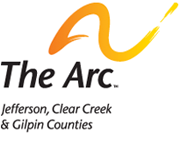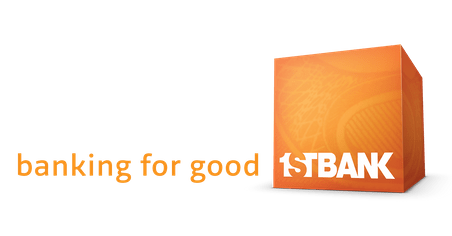NDEAM: Finding a Job and Excelling at It!
Q&A with Katie Taliercio
Looking for a new job is exciting, but often, it comes with a lot of questions, too. In light of National Disability Employment Awareness Month (NDEAM), we spoke to Katie Taliercio about her perspectives on disability employment and job-hunting best practices!
Katie is the Disability Employment First Collaboration Manager at the Division of Vocational Rehabilitation and is part of the Colorado Employment First Advisory Partnership (EFAP). Also known as the Employment For All Partnership, EFAP is a collaboration of several organizations that works with the state to promote disability inclusion in the workplace.
Q: What advice do you have for jobseekers with disabilities as they get started on their job search?
A: One of my favorite resources is telling everybody you know that you're looking for a job because you never know where connections are. A lot of us got our first jobs through connections, so start telling everybody that you're looking.
I love recommending to people that they just go hang out in the places that they think they want to work. It might sound like fun, but you just have to try it sometimes. If it's at a library, a store, or a restaurant, try to spend time there and just watch what people who work there are doing.
Q: Do you have any advice for someone who is preparing for a job interview?
A: One of the best things to do is to tell people that you know that you think you want to work somewhere. What questions do they think you would get? Start collecting those, and start practicing answering them. You can (also) practice trying not to get worried or nervous.
A lot of times interviewers will say, ‘Do you want to add anything else?' And if they don't ask you that, I encourage people to come in with that anyway. Share whatever you think you would bring to the workforce. It might be (through) a one-pager, it might be a small video.
Even if you don't get the job, every single interview is phenomenal practice for you to get stronger and stronger in that skill. It's always worth it to go in for the interview and to advocate for an interview.
Q: If someone is already employed and they experience a challenge at their job, such as needing more support in a certain area, what would you recommend they do?
A: If you're comfortable talking about that with a manager or boss, that'd be great. But if you're not comfortable with that yet, talk about it with somebody else in your life. It could be a sibling, it could be a parent, it could be your job coach. Just say, ‘These are some of the things that are hard at work right now. Do you have any ideas?’
It's important to dive right into the hard stuff, to address it, because that way, you are going to be happy in your job and it'll be a success for you and your employer.
Q: Why do you feel it’s important that we as a community observe NDEAM?
A: When people get a decent job match in their lives, that just changes everything. Without the awareness month, you're not taking this time to honor, celebrate, and also describe the barriers. There's always an invitation to talk about this, but this just highlights your capacity to tell people.
To learn more about how the Division of Vocational Rehabilitation supports jobseekers and current workers, click here. To learn more about EFAP, click here.

